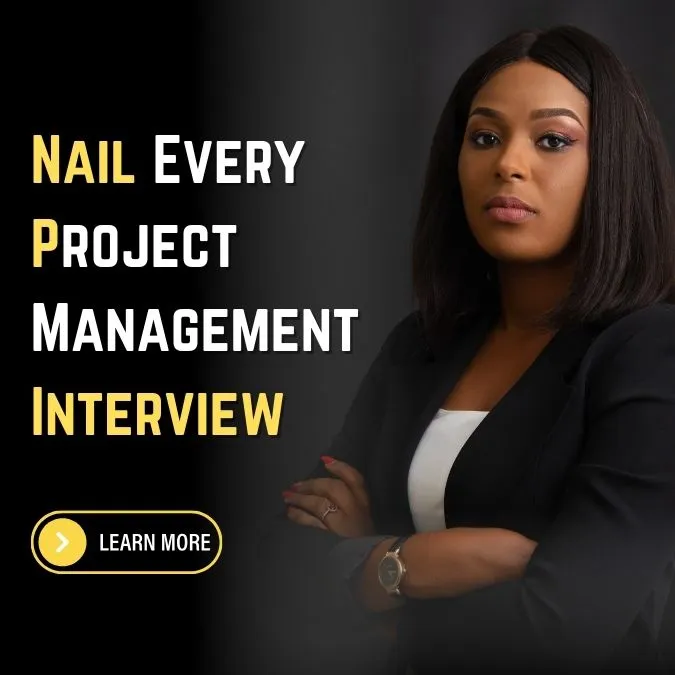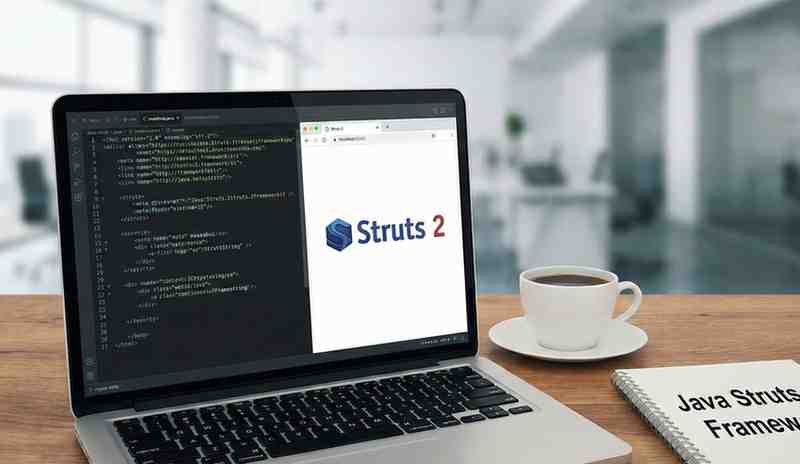Everyone should know about Job Interview Mistakes to Avoid and how to Crack Interviews. No job interview is flawless. One of the good techniques for preparing for your upcoming job interview is learning from others’ mistakes and knowing how to avoid these common mistakes.
One of the key questions an interviewer is likely to ask is what you know about the organization. Before going to a job interview you can learn about a company by visiting their website, checking out their social media, or reading their annual report. If it’s possible to visit the company as a customer, this can be a good way to experience first-hand what they offer and understand how they operate.
A research failure and lack of knowledge are the first mistakes one wants to avoid. One has to prepare himself making good research on the company, the position, and every related question that may be asked. Therefore, refine your answers to the technical questions, the hard questions, and to the frequently asked interview questions. The more you practice, the more professional answers you deliver.
Avoid arriving late to job interviews. Though it may happen because of many good reasons, you should apologize first for recovering from this first interaction failure.
A better way of answering questions would be to talk to you about the knowledge or exposure you do have. It’s better to talk in terms of positives rather than negatives. Remember that no one will fit all the criteria – and the other interviewees are likely to have similar skillsets and experience to your own.
Profile Review & Recommendation
Expert-Driven Profile Review &
Recommendations

Let our expert look into your CV, Cover Letter, Naukri & LinkedIn Profile to turn your profile into the top 1% of professional profiles.
INR 1,999
- Naukri Profile Review & Recommendations
- Resume Review and Expert Recommendations
- LinkedIn Profile Review & Recommendations
- Cover Letter Templates Download
- Latest Resume Templates Download
- Personalized, tailored feedback
- ETA: 3- 5 Days
Self-Service Profile
Optimization

Access expert-curated guidelines, sample reviewed files, & step-by-step instructions to optimize your CV, Cover Letter, Naukri & LinkedIn Profile.
INR 499
- Guidelines for Profile Optimization (Resume, Naukri, and LinkedIn)
- Access to Sample Reviewed Files for inspiration
- Step-by-Step Instructions to reframe your profile
- Cover Letter Templates Download
- Latest Resume Templates Download
- Immediate access to the files
Instead of sabotaging your interview by telling yourself how inadequate your performance will be or how you have no chance of beating the competition, research has proven that using positive imagery can boost success. So picture yourself having an enjoyable, positive conversation with your interviewer before you start.
Complaining, even in jest, is not a recommended icebreaker. It may be completely harmless, or it might simply make the interviewer switch off. Don’t let complaining set the tone for the interview!
Avoid negative speeches and complaints – don’t say bad things about previous jobs and employers as this reflects back to you. The first impression you create when you’re negative about someone is that your loyalty and integrity are questionable. How you speak about your previous employers gives an idea of how you’ll speak about the next employers.
When it is your turn to ask questions, you should show your interest in the job by asking intelligent questions about the job opportunities and the position duties. Asking questions clearly indicates that you have done your homework about the organization.
An inflated ego drives bad reactions and antagonism. Do not exaggerate your achievements – be honest and humble. Many employers follow up asking your references about every aspect you have provided them
Just be confident and rely on your preparations.







